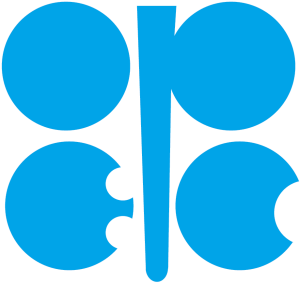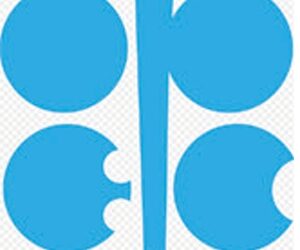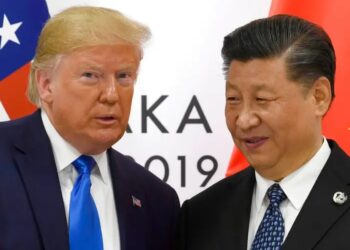June 20-2014
 The Organization of Petroleum Exporting Countries (OPEC) met last Wednesday for just a few hours, rolled over it 30-million-barrel-a-day quota yet another time and then went home, underscoring its irrelevance.
The Organization of Petroleum Exporting Countries (OPEC) met last Wednesday for just a few hours, rolled over it 30-million-barrel-a-day quota yet another time and then went home, underscoring its irrelevance.
The group didn’t even try to select a new secretary general but just rolled over, yet another time, the current appointment.
The organization has been pinned against the wall by a battle royal among Iran, Saudi Arabia and Iraq who all want their own man for secretary general. Other members reportedly tried to break the logjam by suggesting a neutral candidate, Diezani Alison-Madueke, the woman who is now Nigeria’s oil minister.
But the battling trio declined to accept that proposal. As a result, Secretary General Abdulla al-Badri, whose term ended in 2012, was told to stay in his post an additional six months through June 30, 2015. That decision suggests there will be no effort to find a new secretary general at the next meeting this December.
The quota of 30 million barrels a day started in January 2012 and has been rolled over at each of the five meetings since then. It doesn’t mean much. Members used to exceed it regularly. Now, with bulging production from North America, they just as regularly come in under the quota. But more importantly, OPEC dropped its individual country quotas years ago so there is no way to enforce the group quota.
The OPEC communique even acknowledged the rising oil output elsewhere. The communique said demand is forecast to grow 1.1 million barrels a day compared to last year, but OPEC isn’t going to do anything because “non-OPEC supply is projected to grow by 1.4 million barrels a day.”
Most members are pumping and selling all they can. Only Saudi Arabia has a substantial capacity that is shut-in. So Saudi Arabia acts as the swing producer, raising and lowering it production each week or so to adjust to market demand. The other members have no role in that decision. Saudi Oil Minister Ali an-Naimi said current output is 9.7 million barrels a day and the country can sustain output of 12.5 million over the long-term.
Prices remain remarkably steady into the fourth year so members can sleep solidly and plan national budgets with relative ease. The price of an OPEC barrel was a little over $107 in 2011, $109 in 2012, $105 last year and it has been a little over $104 so far this year.
Analysts say OPEC has been lucky that the market has been steady because the organization would be hard-pressed to adjust output in the absence of individual country quotas if prices should plummet.
OPEC used to meet quarterly and in one year met seven times when the world awaited its decisions with baited breath. In recent years, the meetings have been held semi-annually. At this session, Reuters reported that Saudi Arabia proposed shifting to an annual meeting. But the members objected to that, approved their next meeting for December and adjourned after just a few hours.
Jeff Colgan, a professor at The American University in Washington, DC, writes in a soon-to-be-published study: “OPEC rarely if ever constrains or influences the oil production rate of its member states. A cartel needs to set tough goals and meet them; OPEC sets easy goals and fails to meet even those.”
The 12 members of OPEC are: Algeria; Angola; Ecuador; Iran; Iraq; Kuwait; Libya; Nigeria; Qatar; Saudi Arabia; the United Arab Emirates; and Venezuela.























